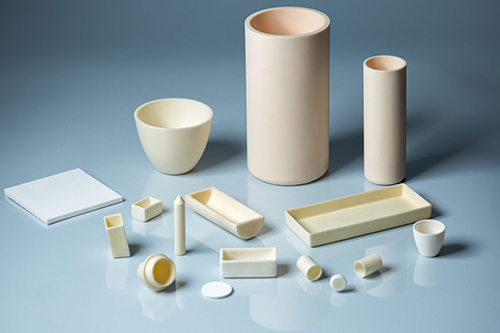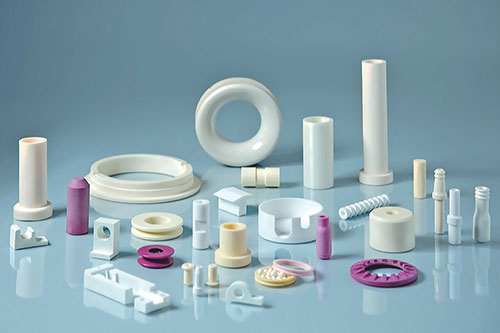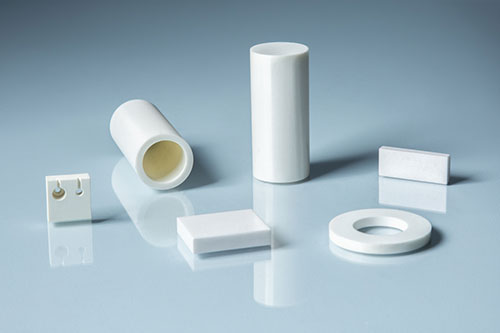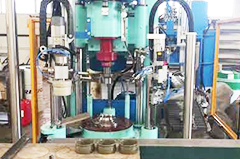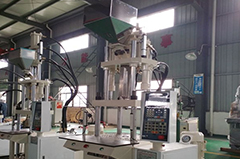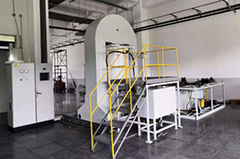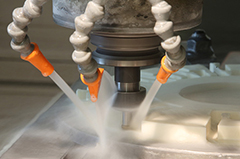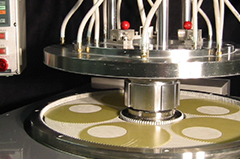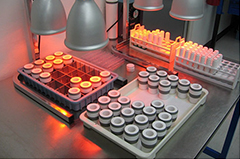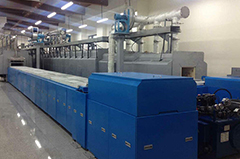Advanced Ceramics
ATI has extensive experience of advanced ceramics not only in manufacturing, but also in the finish machining process. We are able to finish to the precise tolerances of advanced ceramic components. Our machining experience is in each type of advanced ceramic material currently available in the market, such as high purity alumina, yttria stabilized zirconia, silicon carbide, steatite, cordierite, mullite ceramics, etc. Our Advanced Ceramic Machining Site has surface grinders, ID grinder, OD grinder, machining center, and various lapping and polishing machines. We provide the precision tolerances needed, upon customer’s request.
Our manufacturing processes are dry pressing, extrusion, injection molding, iso-static pressing system, ceramic metallization and glazing, high temperature sintering, grinding and lapping. We have the finest equipment, enabling us to produce high quality ceramic products at competitive prices. We offer our engineering abilities to help you with your design and material selection for your custom application.
